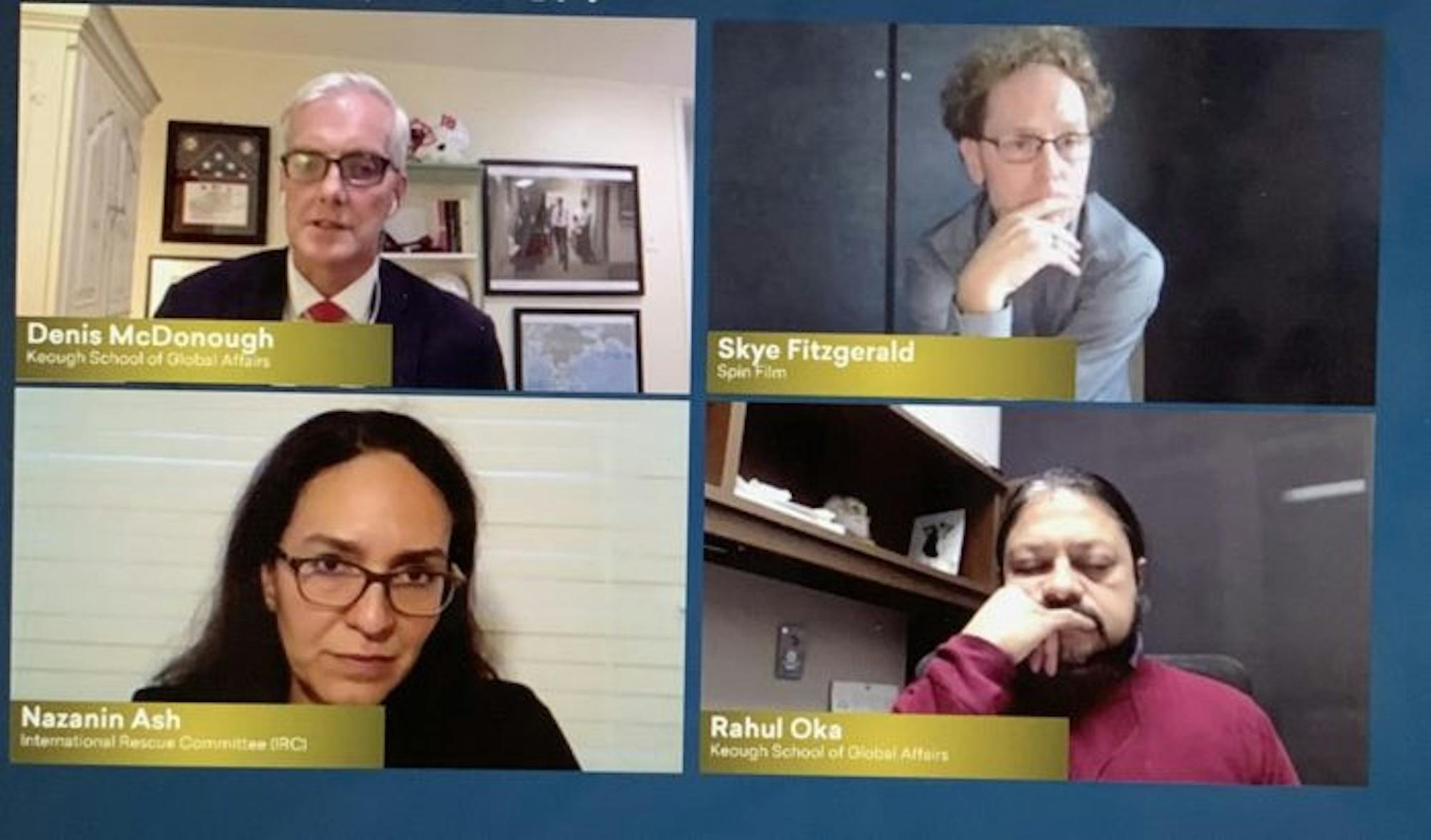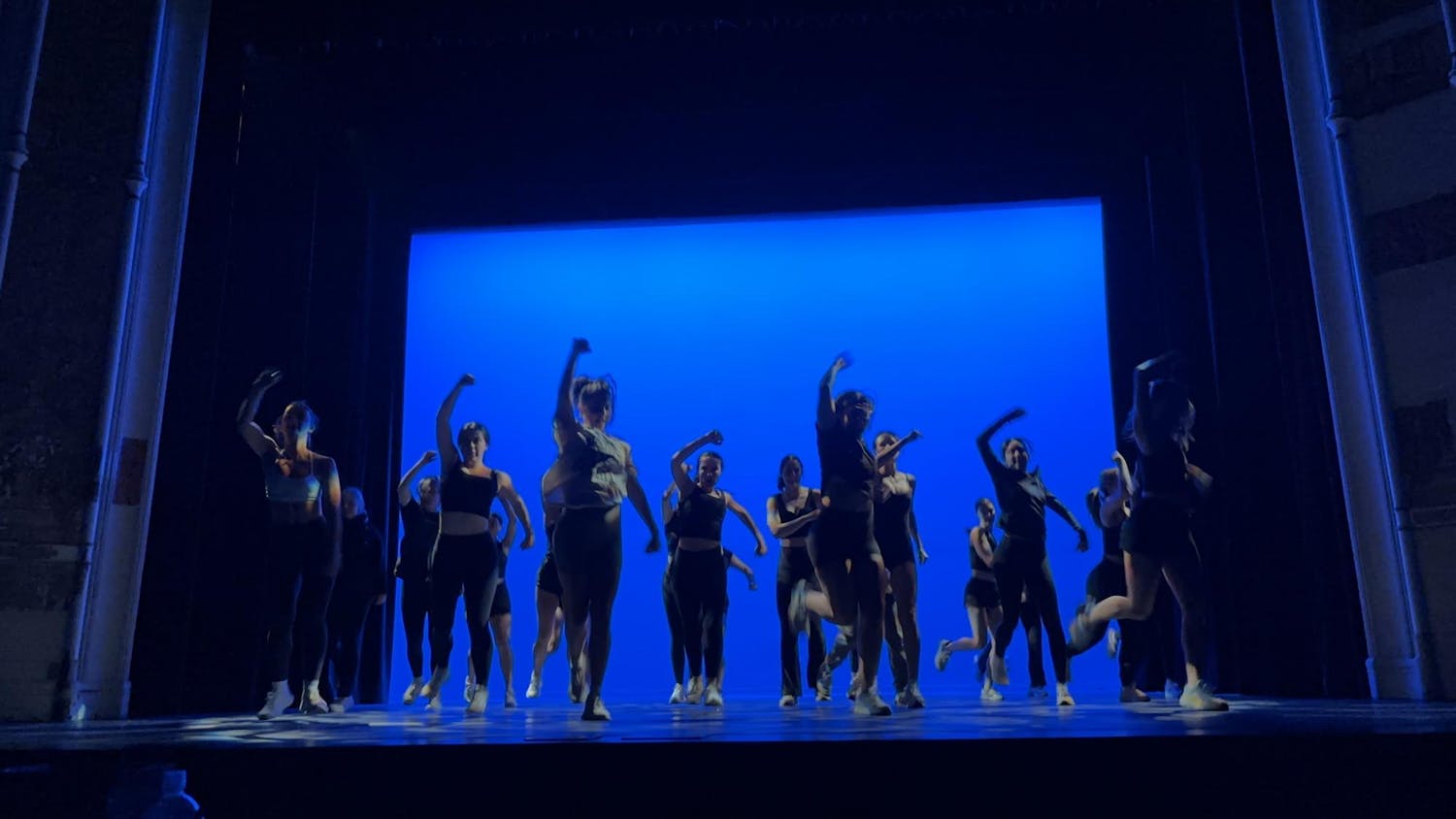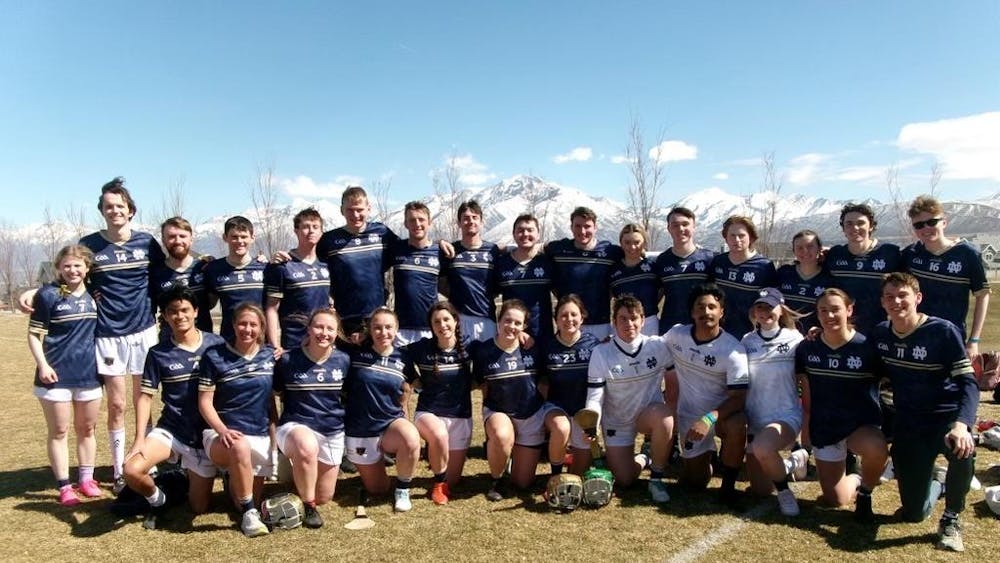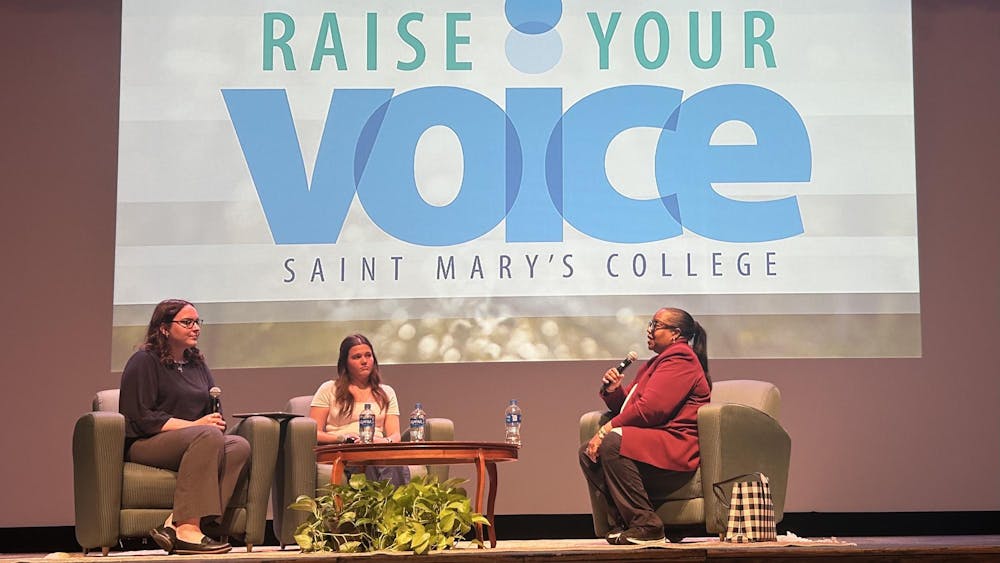The Keough School of Global Affairs held a virtual screening Wednesday of the new documentary “Hunger Ward: The Last Hope Against War and Starvation,” directed by Skye Fitzgerald. The screening was followed by an expert panel discussion and Q&A.
“Hunger Ward“ is centered around the current humanitarian crisis in Yemen. The film follows two women, Dr. Aida Alsadeeq and nurse Mekkia Mahdi, who work in therapeutic feeding centers. The two attempt to save the lives of starving children amidst the Yemeni Civil War.
The panel discussion and Q&A were moderated by Denis McDonough, former Chief of Staff for President Barack Obama and current professor of the practice of public policy at the Keough School.
McDonough said he helped Fitzgerald access Yemen to help him create the documentary, and this summer Fitzgerald contacted him to let him know it was complete. McDonough asked if he could show the documentary to students because he is co-teaching a course in the Keough School about topics covered in the film.
“[The course is] about conflict migration and climate change, and so [the Yemeni conflict is] not only the world’s largest humanitarian crisis, but it’s also something that’s very topical with the curriculum in our class,” McDonough said.
The event was available to students by invite-only, specifically for those interested in the crisis in Yemen, McDonough said.
The discussion featured panelists Rahul Oka, research associate professor of global affairs and anthropology at the Keough School, and Nazanin Ash, vice president of global policy and advocacy of the International Rescue Committee, in addition to Fitzgerald and McDonough.
Following an overview of the conflict and remarks by McDonough, each panelist had the opportunity to comment.
Fitzgerald said, when he first began filming, he made a commitment to himself to bear witness and not shy away from showing what he found.
The film showed footage of children dying of malnutrition, their parents wailing upon hearing the news.
It also presented the firsthand account of innocent Yemeni civilians hiding inside a building as missiles struck the city before their eyes. The attack was launched by Saudi Arabia, who purchased the missiles from an American company and received operational aid from the U.S.
McDonough, in response to Fitzgerald’s inquiries on the strikes, said the way we correct a mistake like that is by using our leverage as the U.S. to resolve the conflict diplomatically.
“Malnutrition is one of those outcomes of civil conflict and other forms of conflict, very often not because there is not food in the country but because in the country they are commandeered by ... different fighting factions, and so on and so forth, who use the food as a political weapon,” Oka said in an interview before the event.
“Hunger Ward“ is the third movie in the trilogy on humanitarian crises of our time made by Fitzgerald and his team. The first movie, “50 Feet from Syria,“ focuses on the civilian impact of the Syrian conflict. The second, “LIFEBOAT,“ is centered around the refugee crisis from Libya.
“The goal of the screening and of the panel discussion is to just call attention to the suffering in Yemen, for precisely the reason that the U.N. said, which is it is the world’s largest humanitarian crisis,” McDonough said. “And we think that it … demands people’s attention.”













